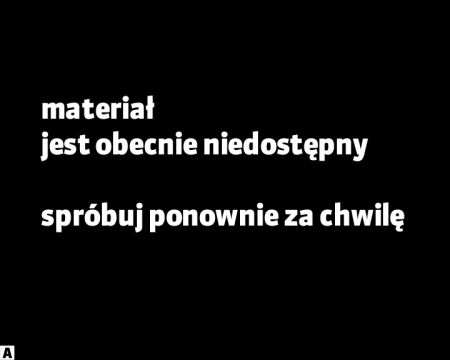Visiting, one would not realize. Walking down aisles flanked by tottering boxes of software and furniture, that something is unusual only becomes apparent when a large figure strides over wearing Ukrainian combat fatigues. Above him, underneath the warehouse’s skylight, a small drone buzzes with the persistence of a firefly.
This unassuming space, it transpires, moonlights on occasion as a drone assembly point used by the Uniters Foundation, a Ukrainian-run Polish NGO committed to providing aid directly to the warzone.
“Our mission is to save lives,” says Viktoria Batryn, one of the co-founders of Uniters, “and we’ve realized drones can do that whether it's by finding enemy positions or dropping supplies into otherwise inaccessible areas.”
Created in 2014 in response to Russia’s invasion of Ukraine, Warsaw-based Uniters have been at the forefront of several civil-led actions such as breaks and giftbags for children and widows. However, it is their recent drone drive that has caught the imagination.
Using the back of a warehouse loaned for free by a supporting “partner”, it is here that the Uniters team have convened to build their latest swarm of flying machines.
Rather than the headline-making suicide drones used to strike airfields and refineries, the drones assembled by Uniters are commercial UAVs (unmanned aerial vehicles) originally made in China.
Capable of reaching speeds of 150 kilometers per hour, and of carrying loads of up to three kilos, these nippy objects are first assembled in Warsaw and then sent onwards on a first-come, first-served basis to Ukrainian frontline units.
“We cooperate with a number of units, so we send them out to whoever is first in line,” says Batryn. “If someone from these units asks for a batch of drones, we already know it will go to good use.”
Sergiusz Drabinski, an engineer overseeing the Uniters assembly line, underscores their value. “The drones we’re building have a range of seven to ten kilometers,” he tells TVP World, “so they come in very handy when it comes to checking ‘suspicious’ territory.”
Kitted out with cameras to serve as “a soldier’s eyes”, these FPV (first-person view) drones are used to perform reconnaissance missions, deliver first aid packages, drop supplies and even guide Russian deserters to Ukrainian reception points.
This versatility belies their appearance. Originally designed for sports and recreation purposes, on first inspection the drones could easily be mistaken for nothing more than an ambitious science school project.
To construct them, says a smiling Drabinski, is relatively straight-forward: “You just need a 3D printer, a soldering iron, a screwdriver, and some knowledge.”
Under his watchful eye, the Uniters team work diligently as they hunch over tables cluttered with plastic frames and tangled wires.
Defined by their diversity, the day’s team is a mixed bag of ages and backgrounds: students, businessmen, diplomats, and engineers comprise the group, with Poles and Ukrainians working side by side. Wearing an “Achtung Russia” T-shirt, one volunteer rubs shoulders against Vasyl Melnychuk from the Ukrainian embassy.
“This cooperation demonstrates the togetherness of our countries, and that we have a mutual understanding of our common future,” says Melnychuk.
As conspicuous as Melnychuk may look in his immaculate suit and tie, it is the presence of Volodymyr Zinczenko that is the most striking. A battle-hardened veteran on leave in Poland, Zinczenko is better placed than most to comment on the effectiveness of drones.
“Before [this conflict], war used to be ‘industrial’ - essentially, whoever had more artillery, more airplanes, and more manpower was the strongest,” he says. “Nowadays, however, war has shifted in a more technological direction and the side that can develop and implement these technological processes will gain the upper hand.”
Having seen first-hand their impact on the battlefield, Zinczenko goes as far as to credit drones with curtailing Russia’s advances when foreign military aid stalled.
“FPV drones helped us to hold back the enemy,” he says. “In a way, they helped us hold the line, and the more we now increase these capabilities, the more they can partially replace or complement traditional methods [of warfare].”
Invaluable as drones have been, for Uniters funding continues to be an issue. Entirely reliant on public support, Uniters have so far purchased over 150 drones with contributions even coming from the Oscar-nominated director Agnieszka Holland.
More, though, is needed. With each drone costing approximately €465 (with larger donations securing the donor the privilege of writing a message for Putin), Batryn is seeking to raise further cash.
While the drones supplied by Uniters will not change the ultimate trajectory of the war, Batryn insists that every little helps – with each drone Uniters send, the chances that a Russian advance is thwarted, or a wounded Ukrainian soldier will survive, increases.
